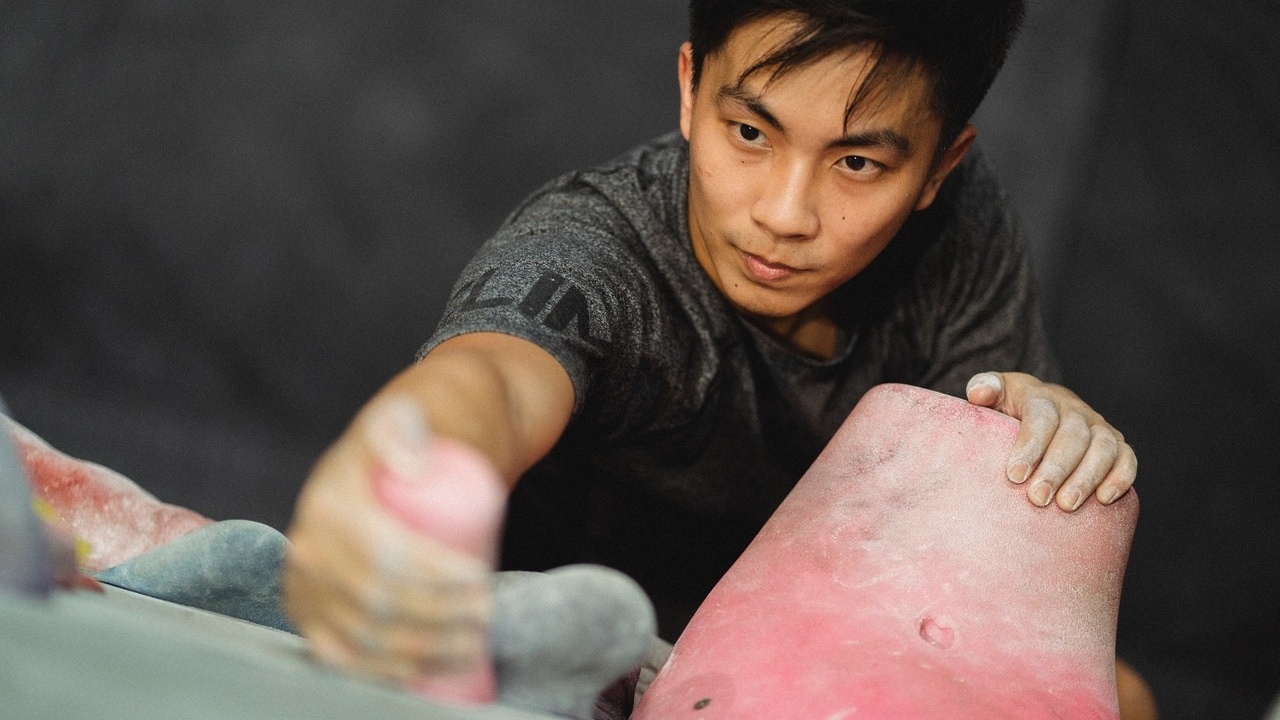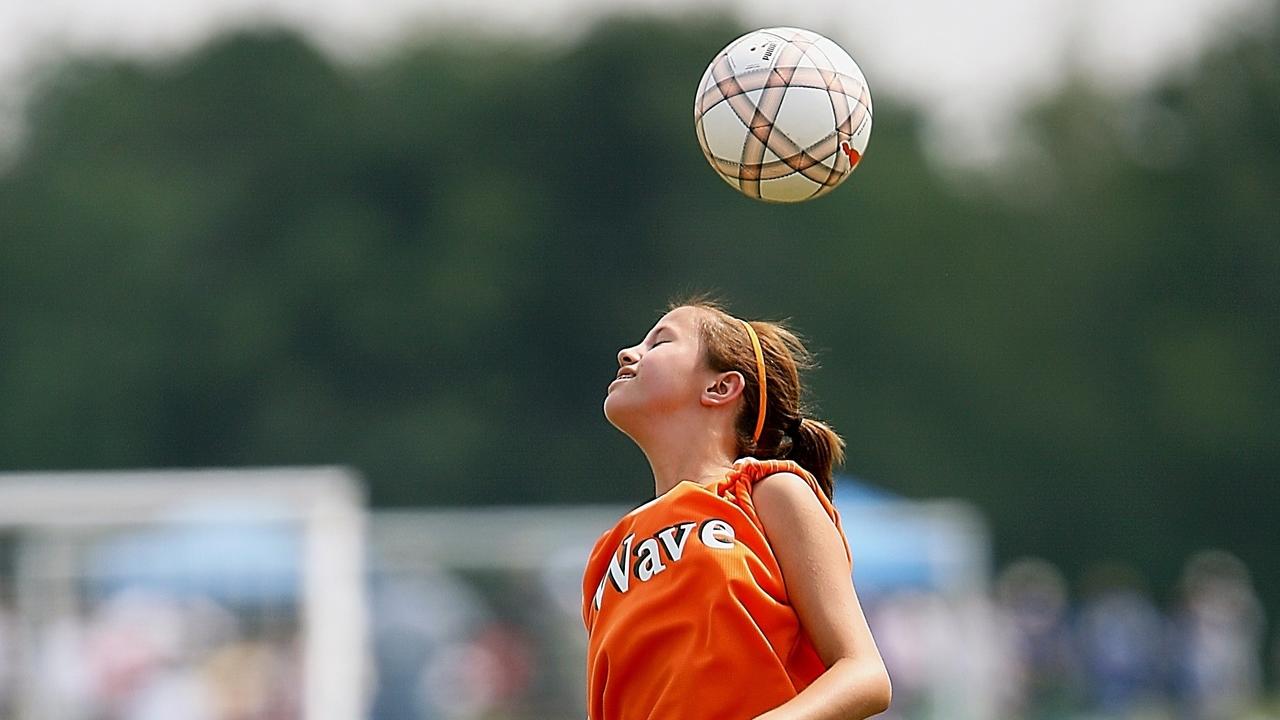It’s no secret that we’re big believers in the power of visualization.
Whether you’re a gym owner, coach, professional, parent, or simply want more out of your life, visualization can make it easier to achieve what you want; whether that’s higher performance, greater confidence, or deeper sleep.
I...
With the turn of the new year, there’s one word that always takes center stage: Goals.
I love goals. I love thinking about them. Setting them. But mostly I love achieving them. But here is what I can’t stand. Goals that stand alone.
You know why? Because most people (even driven ones like you and ...
Visualization helps program the subconscious brain to be successful. Here are the 5 reasons you should start practicing visualization today.
#1. Builds Confidence
Visualizing success in your training or racing and you can subconsciously improve your belief in your abilities. We all compete accordi...
When I was in my mid 20s, I became really interested in doing mindset work. My ongoing research and conversations with friends and colleagues ultimately led me to meeting Dr. James Hollingsworth, a trained hypnotist, and the first person to ever introduce me to the immense impact of hypnotism and gu...
Being ON all the time is physically and psychologically exhausting. If you notice your athletes becoming fatigued toward the end of the season or at the end of a tournament, it may be because they are not relaxing and re-booting between games. In this video, Lindsey describes two visualization exerc...
Coaches often ask me, "Lindsey, can I apply what I'm learning in your trainings to my younger athletes?" To which I respond YES! But, there are some tips that can really help you implement these tools in a way that makes sense with young athletes.
So let's start with one of the most useful mental...










